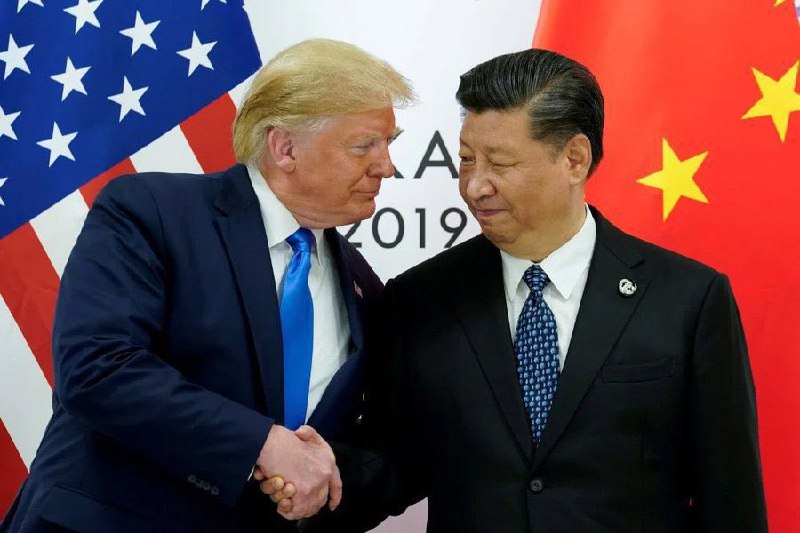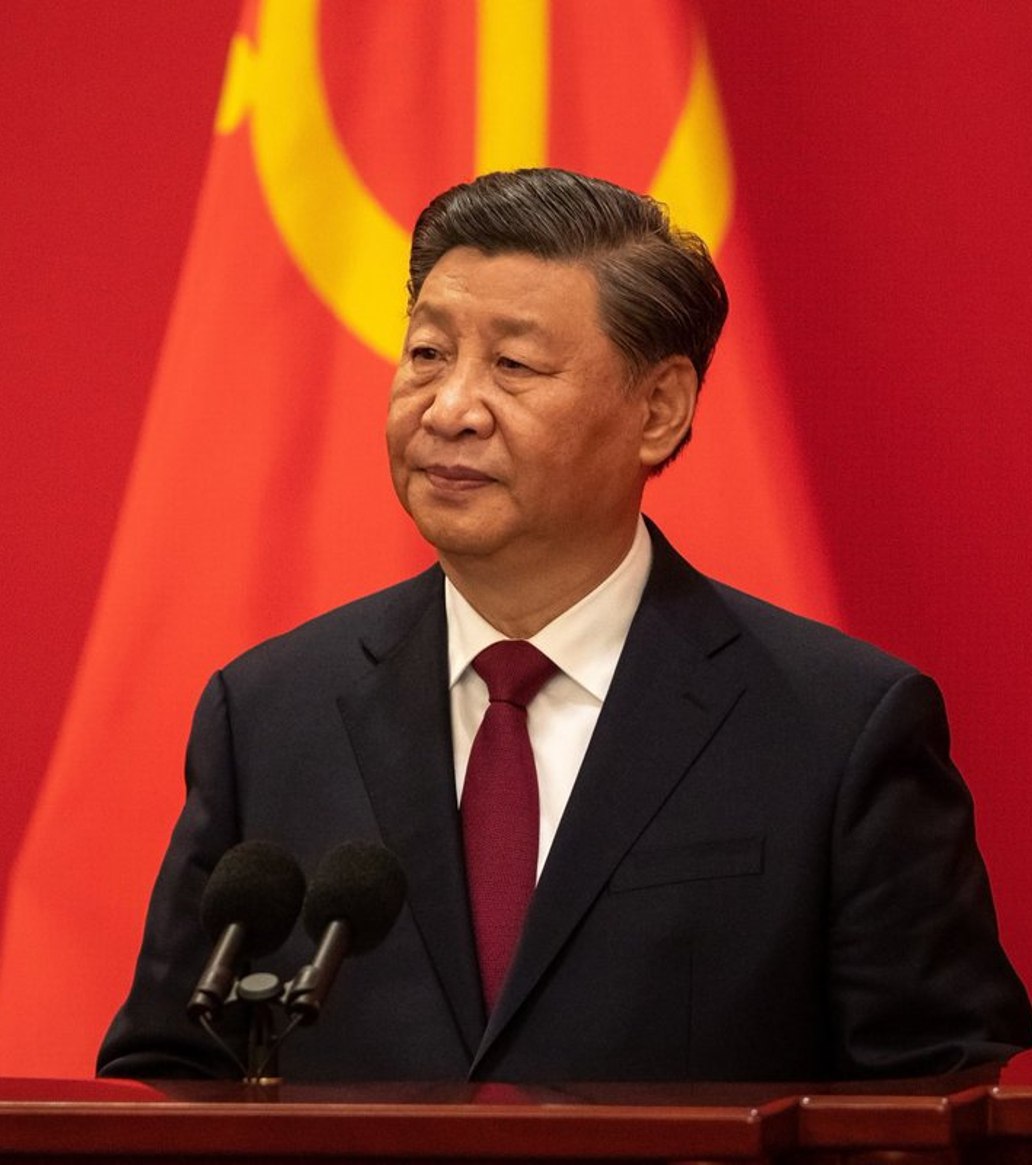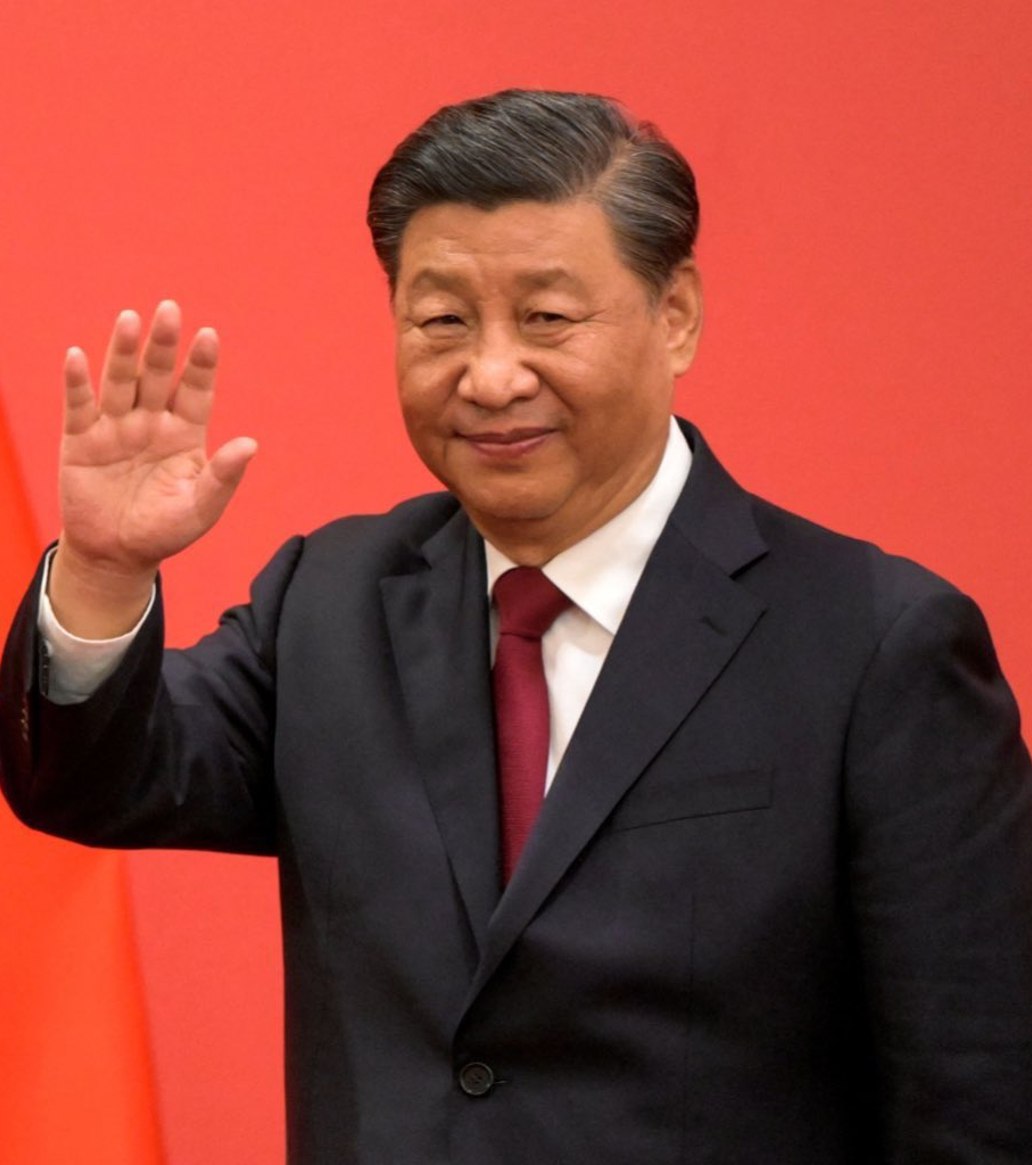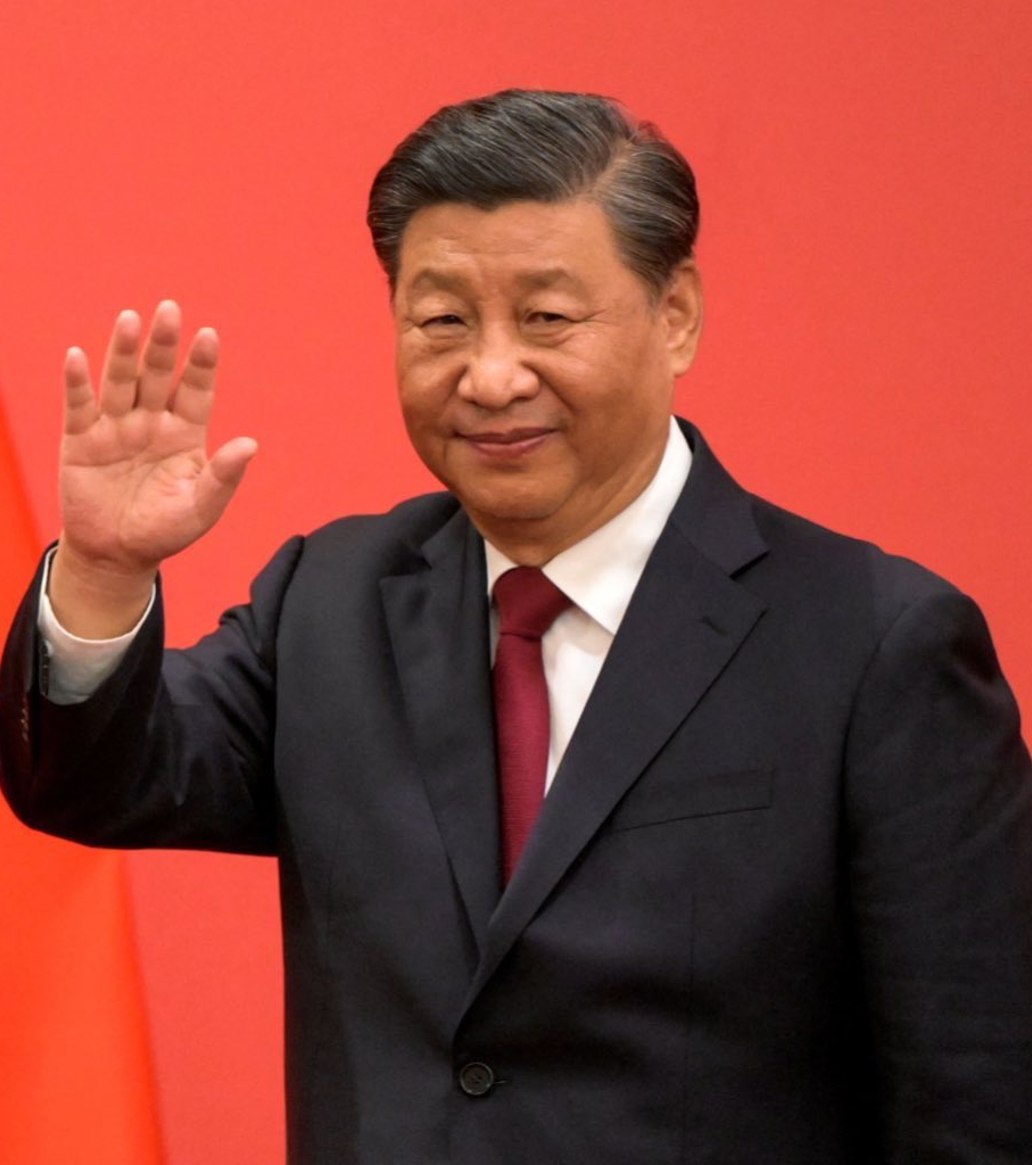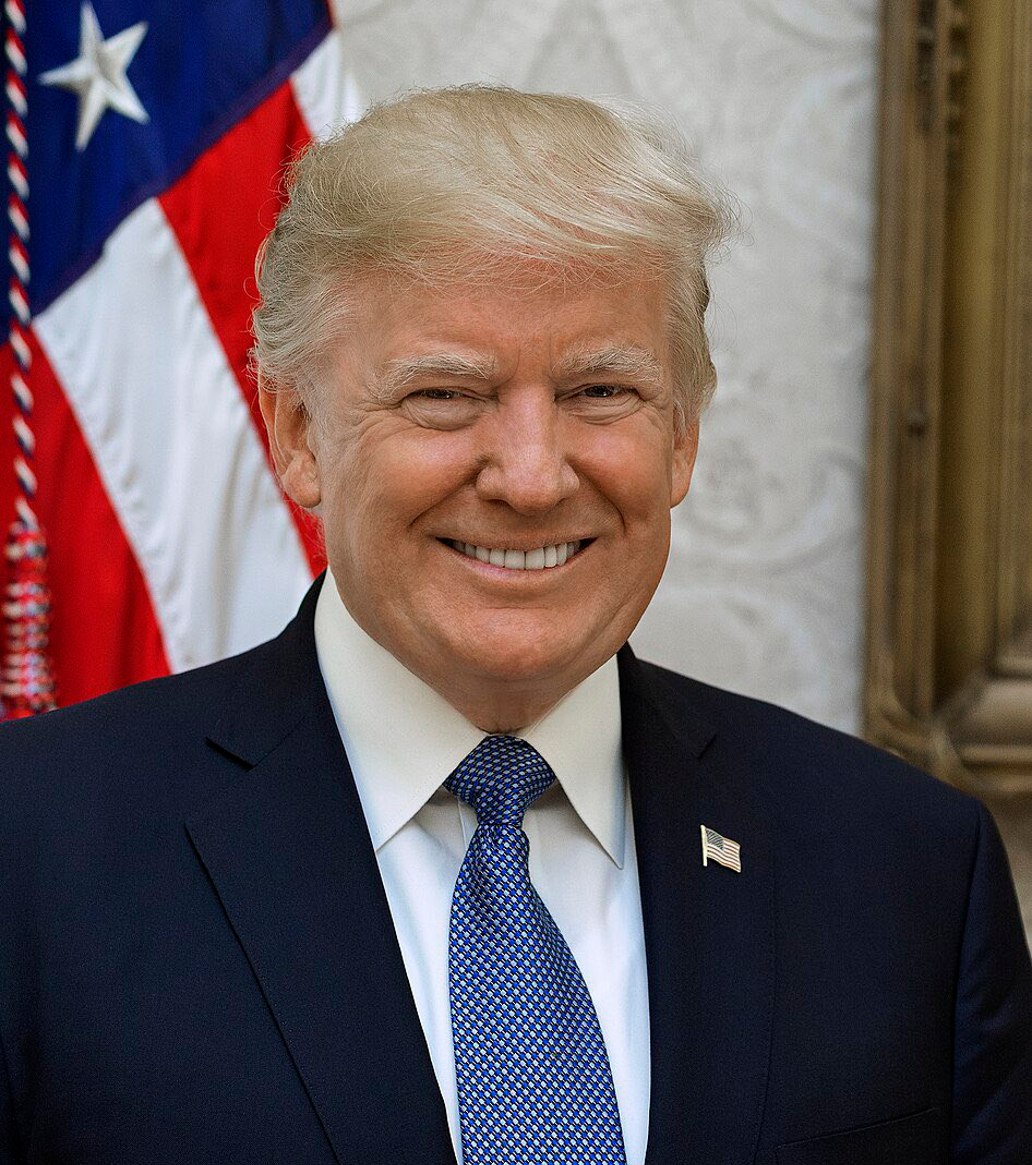China Lifts 125% Tariff on US Ethane Imports, Boosting Trade Relations
China has officially lifted its 125% tariff on U.S. ethane imports, marking a significant shift in trade relations between the two countries. The decision comes as part of broader efforts to ease tensions between the world's two largest economies and promote economic cooperation. The tariff, which had been imposed in response to the U.S.-China trade war, had severely impacted the ethane trade, a key raw material used in petrochemical production.
Ethane, a byproduct of natural gas, is an essential component for producing polyethylene, a crucial material in plastics manufacturing. The removal of the hefty tariff is seen as a positive move for both U.S. exporters and Chinese manufacturers. The United States has been one of the world’s largest producers of ethane, and the lifting of the tariff is expected to increase its export to China, benefiting U.S. companies involved in the energy and chemical industries.
This move has the potential to ease supply chain constraints, particularly in China, where demand for ethane remains high due to the country’s growing petrochemical industry. The lifting of the tariff could lead to increased trade volumes, facilitating greater economic integration between China and the U.S. as both nations continue to recover from the impact of global trade disruptions caused by the pandemic.
For U.S. exporters, the tariff reduction offers new opportunities for growth in an important market. The U.S. chemical industry, which has been struggling with the high tariffs, is expected to benefit from this tariff relief. Additionally, American companies will now be more competitive in the global market, potentially opening the door to further trade deals.
This tariff removal is also being interpreted as a diplomatic signal, indicating that China and the U.S. are willing to engage in trade discussions that benefit both economies. While the two countries have yet to fully resolve all their trade differences, this move reflects a commitment to improving bilateral relations and avoiding further escalation in the trade war.
Looking ahead, experts believe that the decision could be a stepping stone toward more comprehensive trade agreements. Both sides have indicated a willingness to engage in negotiations that address key issues such as intellectual property protection and market access. The removal of the ethane tariff could be a precursor to future agreements that further ease trade restrictions between the two nations.


